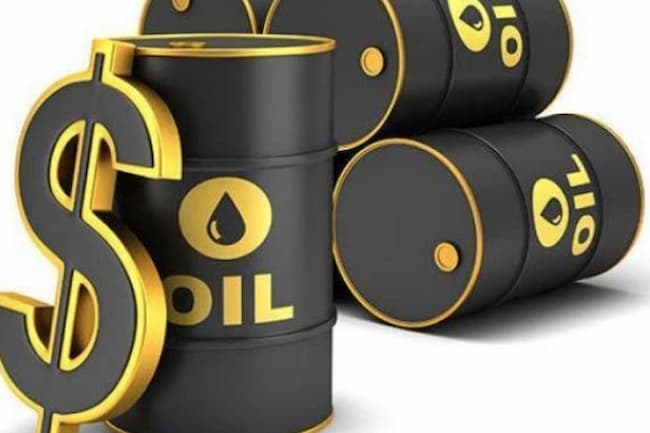Brent crude oil prices edged higher on Monday, rising by 1.5% to $74.80 per barrel, following a decision by the Organisation of Petroleum Exporting Countries (OPEC) and its allies (OPEC+) to delay a planned increase in oil supply.
The move, intended to stabilize the market amid global demand uncertainties, comes as economic slowdowns in key regions and geopolitical tensions continue to cloud energy forecasts.
Initially, OPEC+ planned to ease its production cuts from December 1, adding around 180,000 barrels per day (bpd) monthly over the next year. However, after recent discussions, members including Saudi Arabia agreed to postpone the supply hike until January. The delay aligns with the World Bank’s prediction of a possible oil supply glut, which could drive down prices further.
Energy analysts view the delay as a signal of OPEC+’s commitment to maintaining price stability. Warren Patterson and Ewa Manthey, commodities strategists at ING, stated that while the short deferral does not substantially alter market fundamentals, it underscores OPEC+’s focus on supporting prices amid uncertain demand. Recent reports suggest Saudi Arabia is increasingly concerned with some members’ non-compliance with production targets, potentially affecting the group’s cohesive approach.
A Bloomberg survey indicated that OPEC+ output rose by 370,000 bpd last month to 26.9 million bpd, driven largely by Libya’s production rebound, which added 500,000 bpd. Iraq reported a production decrease of 90,000 bpd, though output still exceeded its target of 4 million bpd.
Meanwhile, European natural gas markets also reacted to positive developments regarding supply routes. The Dutch TTF benchmark fell by 3.48% on Friday following reports of a potential transit deal between the European Union and Azerbaijan, which could secure continued gas supplies through Ukraine. The deal would alleviate concerns about a significant gas shortage after the current Russia-Ukraine transit contract expires later this year, which could reduce Europe’s annual gas imports by approximately 15 billion cubic meters.
OPEC+’s decision to postpone its supply increase highlights the coalition’s cautious stance amidst a volatile global energy landscape, where demand shifts and political complexities continue to influence market dynamics and shape energy security strategies for the coming year.












